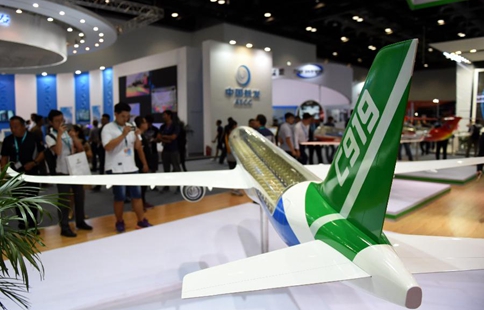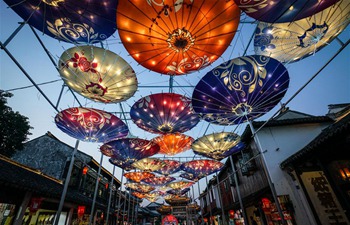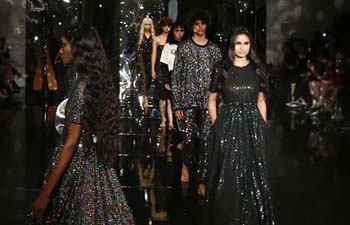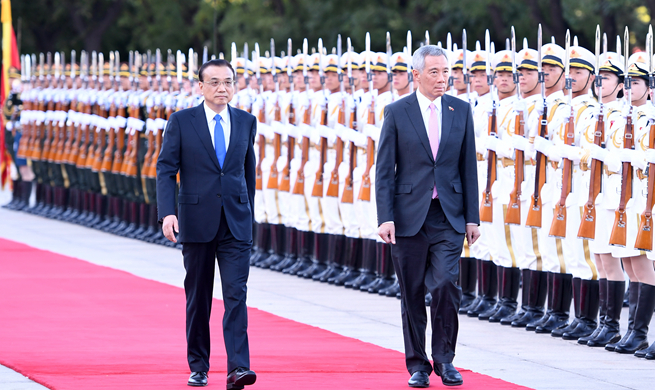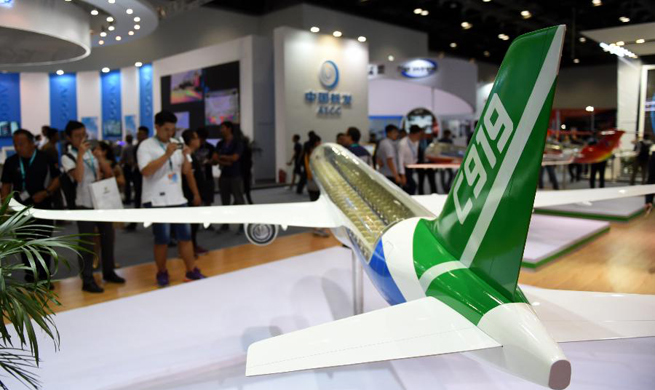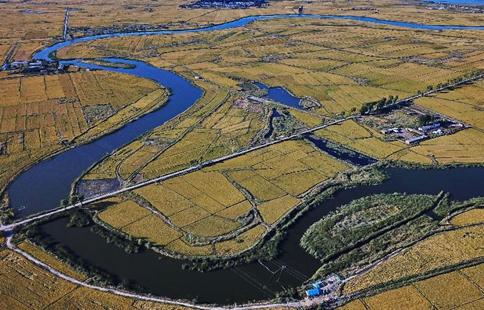VILNIUS, Sept. 19 (Xinhua) -- Notable differences in the quality of ingredients in identical products that multinational food companies sell in Lithuania, compared to Germany, were found after testing a few dozen of products, Lithuania's agriculture ministry announced on Tuesday.
Research of 33 products was carried out by the State Food and Veterinary Service of Lithuania. In 23 of the tested products, there was a difference in the taste, ingredients, color or consistency, the ministry said in a statement.
"If a customer buys a product which is well known all over the EU, he surely expects that it will be the same from Vilnius to Lisbon, and producers should guarantee that," Agriculture Minister Bronius Markauskas was quoted as saying in the statement.
According to the ministry, the main difference is that the German products tested contained less chemical ingredients and colorants, and contained more sugar than artificial sweeteners than the products sold in Lithuania. Sunflower oil is being used for producing potatoes chips in Germany rather than controversial palm oil discovered in the same product in Lithuania, the ministry added.
Local media reported that it found more chocolate (35 percent) in German Milka chocolates than those sold in Lithuania (32 percent chocolate), while peach-flavored Nestea in Germany contained only sugar, compared to additional artificial sweeteners in Nestea's Lithuanian version of the product.
Some producers argue that they change the ingredients to appeal to local tastes, but Markevicius dismissed this argument, local website vz.lt reported.
"The quality differs as they try to make the product cheaper," the minister said, calling for certain regulations at the EU level.
According to the minister, 80 percent of Lithuanians believe they are not getting equal quality food products as consumers in Germany, Austria, and other Western EU states.
Markevicius noted that the European Commission had already noticed inequality as regards products quality in different EU countries, and expressed his hope that producers would implement corresponding adjustments prior to the Commission taking action to make product quality equal across member states.
Jean-Claude Juncker, president of the European Commission, paid special attention to these double standards in his State of Union speech last week.
"I will not accept that in some parts of Europe people are sold food of lower quality than in other countries, despite the packaging and branding being identical," Juncker said.
The double standards issue within EU, discovered not only in food stuffs, but also in cosmetics, household chemicals, and other products, has been a subject of recent public debate in Central European countries, including Czech Republic and Slovakia.




